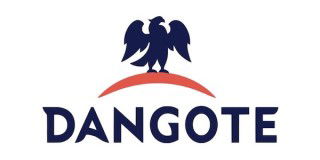While the Chinese construction sector booms and cement companies are seeing profitability levels soar, alarm bells are ringing in official circles as top officials, including Premier Wen Jiabao and central bank chief Zhou Xiaochuan, have zeroed in on cement as one of several industries that are attracting too much investment.
Rising prices and profits have drawn a flood of new investment and, for example, Beijing cement prices have apparently risen nearly 15 per cent in recent months, to 260 yuan ($31.40) a tonne. China’s annual consumer price inflation accelerated to 3.2 percent in January, a six-year high. But despite pockets of inflation in some industries, it is mainly food that is driving prices higher. Indeed, analysts fret that capacity in industries like cement will soon outstrip even the ravenous demand that has grabbed the attention of global equities and commodities traders.
A glut could lead to price wars, idle production lines and eventual deflation as demand fizzles. Banks that merrily handed out cash to fund new factories could find their balance sheets stained red by bad loans. "China’s economic situation in 2003 was sound, but we should also notice other problems: the strains on coal, electricity, oil and transport have been very tight," Zhou said this week.
"Rising prices have fuelled production, and more companies are borrowing from banks to support their growth," Zhou said. "We wonder if this will create a mismatch in resource allocation and create non-performing assets." Investment accounted for 46 per cent of China’s GDP last year, higher than any other country, Zhou said. "The proportion of investment is excessively high, while that of consumption is relatively low," Zhou said. Last week, the central bank said it aimed to cap new loans at 2.6 trillion yuan ($314 billion) this year, down 13 per cent from 2003.
